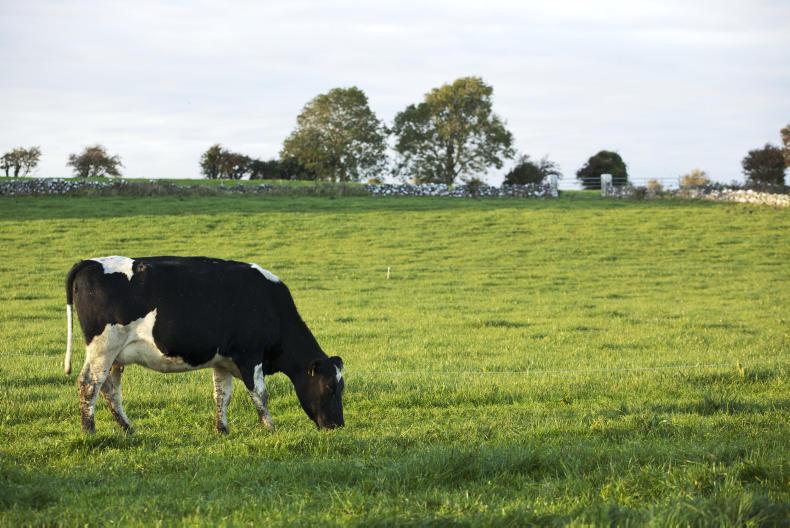Tariff-free access to the EU market has been highlighted as a Brexit priority for NI agri-food businesses in a report published last week by the Northern Ireland Food and Drink Association (NIFDA).
The report follows on from a consultation with members and includes a survey conducted by consultancy firm Deloitte of NI agri food businesses representing 84% of turnover within the sector.
In the report NIFDA states that agri-food equates to around 6% of UK exports to the EU and questions if this will be significant enough to allow an “optimal deal” for agri-food.
If tariffs are placed on UK exports to the EU, 40% of respondents said it would be “difficult to switch”, and 48% said that it would be “extremely difficult” to switch to alternative markets.
Duties on imports of input products for NI businesses are also highlighted, with 67% of respondents stating that they were “very concerned” at the potential impact of this.
However, there is an opportunity to substitute imports of EU food into the UK market given that, for example, the UK imports twice as much dairy produce by value than it exports and, in the beef and lamb sector, imports are over double the value of its exports.
The report also highlights the importance of the UK replicating the 53 existing trade agreements between the EU and third countries.
This is described as “critical” for dairy processors that export to third country markets and for carcase balance in the meat industry, where some cuts of meat are not suited to domestic markets.
NIFDA also wants existing import tariffs on countries outside the EU to be maintained to ensure that the UK agri-food sector is not undercut by cheaper imports, and free movement of goods and people across the Irish border post Brexit.
According to the organisation, post Brexit UK agricultural policy should have three broad elements: high import tariffs, margin protection programmes (like in the US and Canada) and a rural development fund.
Access to foreign labour is also a high priority with survey respondents.
McIlveen
Meanwhile at the beef conference held at Greenmount last week, agriculture minister Michelle McIlveen said one of her priorities was to replace existing support arrangements with “an appropriate network that underpins the sustainability of the industry”.
She continued: “The advantage of leaving the EU is that we can design our own policies and make something better suited to our needs.”
The Minister also maintained that her aim was to have relationships with EU countries that are no less restrictive as at present.






 This is a subscriber-only article
This is a subscriber-only article










SHARING OPTIONS: